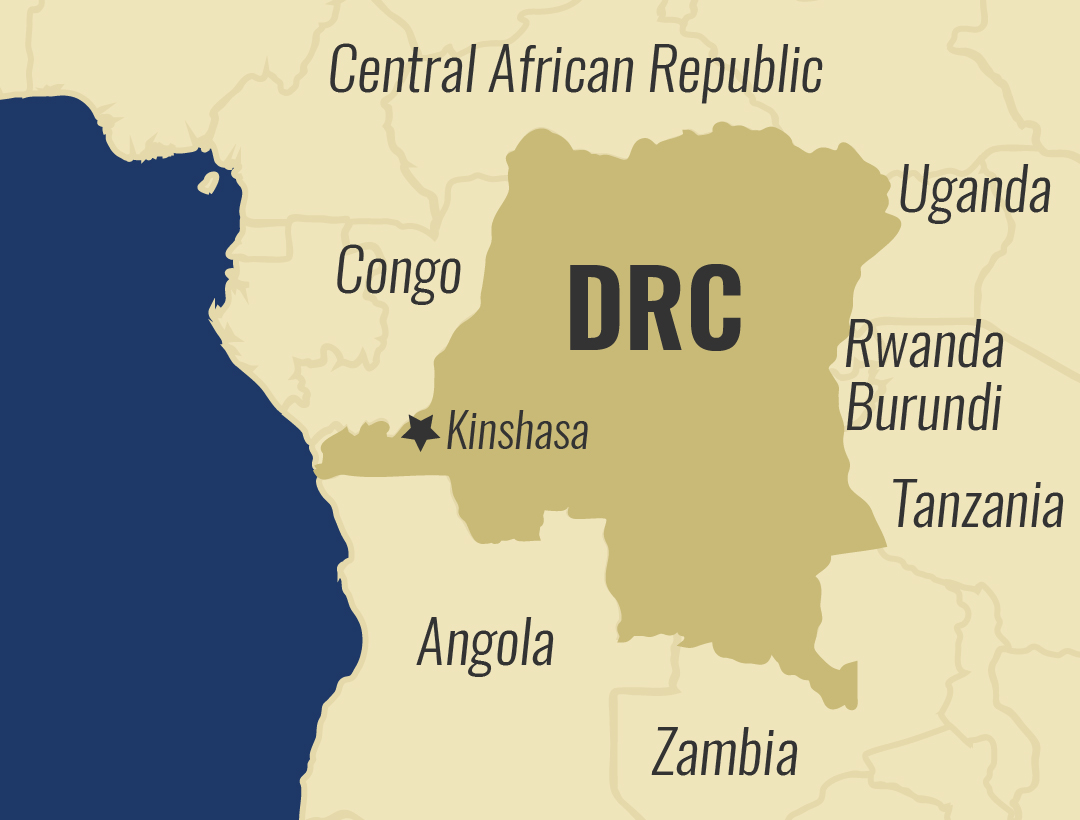Faces of Africa – Winnie Mandela: Black Saint or Sinner? Part 1
Winnie Madikizela Mandela was born in 1936. She is the former wife of the late and former president of South Africa, Nelson Mandela. She was married to Mandela for thirty eight years including the twenty seven years he was in prison. Two years after Mandela’s release from prison, the two got divorced. Born in Eastern Cape Province, Winnie grew up experiencing the cruelty of apartheid.

The segregation at the time was too visible and the whites and the blacks lived separately. She loathed the system that deprived her and her fellow blacks of their own human rights and dignity. Despite restrictions on education for blacks during apartheid, in 1953 Winnie was admitted to the Jan Hofmeyr School of Social Work in Johannesburg. She was the first black professional social worker in South Africa. She turned down a scholarship for further studies in the United States of America in order to take up a challenging career in medical social welfare at the Baragwaneth Hospital in Johannesburg, where one of her boarding house roommates, Adelaide Tsukudu, worked as a staff nurse.
It was through her friendship with Adelaide that she met Adelaide’s fiancé Oliver Tambo, and they introduced her to a prominent lawyer and member of the African National Congress (ANC) Youth League, Nelson Mandela. Mandela was then on trial along with 156 other people in the now infamous ‘treason trial’ lasting from August 1958 to March 1961. It is from this period that Winnie Madikizela’s devotion to the welfare of ordinary people matured from efforts to help people cope with the extreme hardship of their lives to efforts to challenge and transform the governmental structures and social relations which created and reproduced hardship for the majority population.

In June 1958, Nelson Mandela married Winnie Madikizela. But their union would not last for long. On June 12 1964, Mandela was arrested amongst other seven men. They were convicted of conspiracy to overthrow the state. They were sentenced to life imprisonment in the Rivonia Trial. With this came a long and enduring twenty seven years of Winnie struggling to fight for her husband’s release from prison. “I don’t think the world would have known a Nelson Mandela were it not for Winnie,” Saths Copper – Psychological society of South Africa. One of the ways that she created a global outcry for Mandela’s release from prison was through musicians.
As South Africa’s songstress Yvonne Chaka Chaka recalls, Winnie would constantly urge them to talk about Mandela’s release. “Whether we were in the shows, stadiums, she would be there to say, you musicians, you writers talk about Mandela being released. For me I think this is the woman who kept the Mandela name alive,” told Yvonne.
She was constantly jailed for fighting against apartheid and in the 1980s she was banished to Brandfort.

“She must have become very angry and wanted to seek some kind of vengeance for that. She became more outspoken and in some instances she defied the authorities openly,” recalled Cooper.
Though she was not meant to interact with people in Brandfort, she would move on to defy the restrictions and engaged with some of the community members like Norah Nomafa. She helped to build a hospice and a crèche. But she would later defy the banishment and went back to Soweto after the ever harassing police destroyed the clinic. The move was seeing as bold. Soweto in the late 1980s was a running battle field between the police and groups of Africans opposing apartheid.
In a 1986 speech in Manville, she called for violence.

“I am back with you where I belong. This is now the right time to take your country. We shall use the same language the Boers are using against us. We have no arms, we have stones, and we have boxes of matches. With our necklaces we will liberate this country,” said Winnie Mandela. But something tragic happened. Stompie Seipei, a twelve year old boy was killed in Winnie’s house. In a court hearing, she was found guilty for complicity of murder.
But many South Africans believed she had nothing to do with the murder. “I sympathized a lot because I had seen first-hand what she did for us and in the community,” recalled Monde Ndaba – Winnie’s former neighbor.

“She opened her house to young children, everybody and unfortunately bad things happened there. I don’t think it was of her making,” told Yvonne. “From bad to good, she must be forgiven because she had done good things to help people not to die,” told Sintiswa Mkaanazi – Winnie’s former neighbor.





